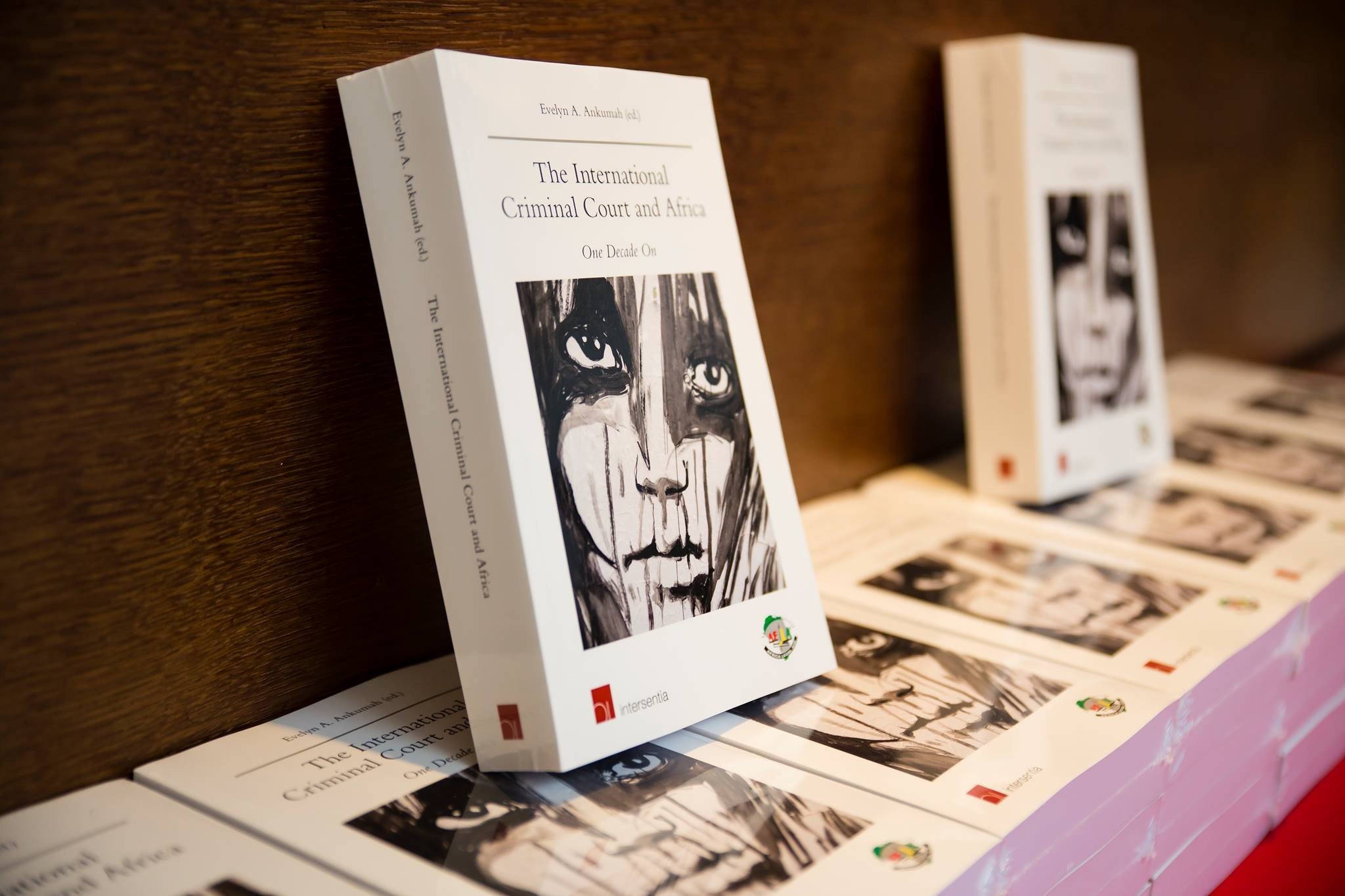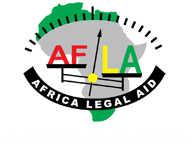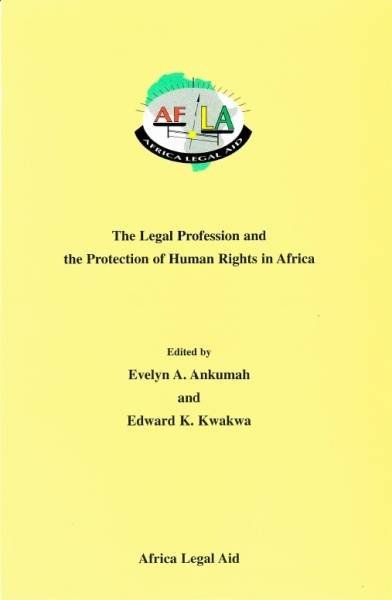
The International Criminal Court and Africa: One Decade On
More than ten years ago the International Criminal Court (ICC) was established as a universal court meant to achieve criminal justice worldwide. That goal still stands, but so far the Court has dedicated most of its time and resources to African conflicts in which international crimes have been committed.
While the ICC can be said to contribute to criminal justice in Africa, it cannot be denied that the relationship between the Court and the continent has been troublesome. The ICC has been accused of targeting Africa, and many African states do not seem willing to cooperate with the Court. Debates on Africa and international criminal justice are increasingly politicised.
The authors of this volume all recognise the current problems and criticism. Yet they do not side with populist pessimists who, after just over a decade of ICC experiences, conclude that the Court and international criminal justice are doomed to fail. Rather, the contributors may be regarded as cautious optimists who believe there is a future for international criminal justice, including the ICC. The contributors use their unique specific knowledge, expertise and experiences as the basis for reflections on the current problems and possible paths for improvement, both when it comes to the ICC as such, and its specific relationship with Africa.
African Perspectives on International Criminal Justice
This book is devoted to international criminal law and, more specifically, to the initiatives taken in recent years to hold alleged perpetrators of genocide, war crimes, and crimes against humanity criminally accountable. The book complements Africa Legal Aid’s previous work in this field, which has resulted in the Cairo-Arusha Principles on Universal Jurisdiction in Respect of Gross Human Rights Offences: An African Perspective.
The publication describes and critically analyses the work of international bodies, such as the International Criminal Tribunal for Rwanda, the International Criminal Court, the semi-international Special Court for Sierra Leone, and national courts exercising Universal Jurisdiction, such as the Rwandan gacaca system. The work of these institutions is viewed and evaluated from an African perspective. Do they have sufficient regard for African norms and values? Why have certain offences, such as the crime of apartheid, which has particular resonance in Africa, not attracted prosecution under Universal Jurisdiction? Should the exercise of Universal Jurisdiction by courts in Northern countries over crimes committed in the South be viewed as a welcome contribution to justice or, as some claim, a form of judicial imperialism?
A single, univocal answer to these questions does not exist, but the articles contained in this book demonstrate that all those supporting justice for and in Africa, should never stop asking whether norms and solutions concerning human rights and justice suits the specific needs of Africa and its people.
Litigating Economic and Social Rights in Africa
This publication contains a collection of papers addressing different aspects of economic and social rights. It addresses the definition and interrelationship of these rights, their implementation in African countries and their enforceability. One of the main issues raised in the publication is whether and to what extent economic and social rights are judicially enforceable. Should African judges and courts show restraint when confronted with violations of economic and social rights? The publication pays special attention to women, children and other vulnerable groups who are likely to suffer the most due to their marginalised social and economic status.
In addition, this book contains proposals on how the realization and enforcement of economic and social rights can be best promoted in practice and what role courts, legislators, administrations, international organizations and civil society should play in this regard.
The Legal Profession and the Protection of Human Rights in Africa
This publication addresses different aspects of the application of regional and international human rights norms at the domestic, regional and international levels. It discusses the role of regional and national institutions, such as the African Commission on Human and Peoples’ Rights, the Ghana Commission on Human Rights and Administrative Justice, and other bodies in the protection of human rights in Africa. The publication also examines the role of national lawyers in bringing cases before human rights monitoring bodies, how judges and lawyers can be protectors or violators of human rights, and the importance of women’s rights.
The publication contains country reports presented by various grassroots NGOs from different regions in Africa. The country reports describe the status of regional and international treaties under national law, the status of ratification of the African Charter and major UN human rights treaties, measures taken by States to implement human rights treaties, and domestic application of human rights treaties.




